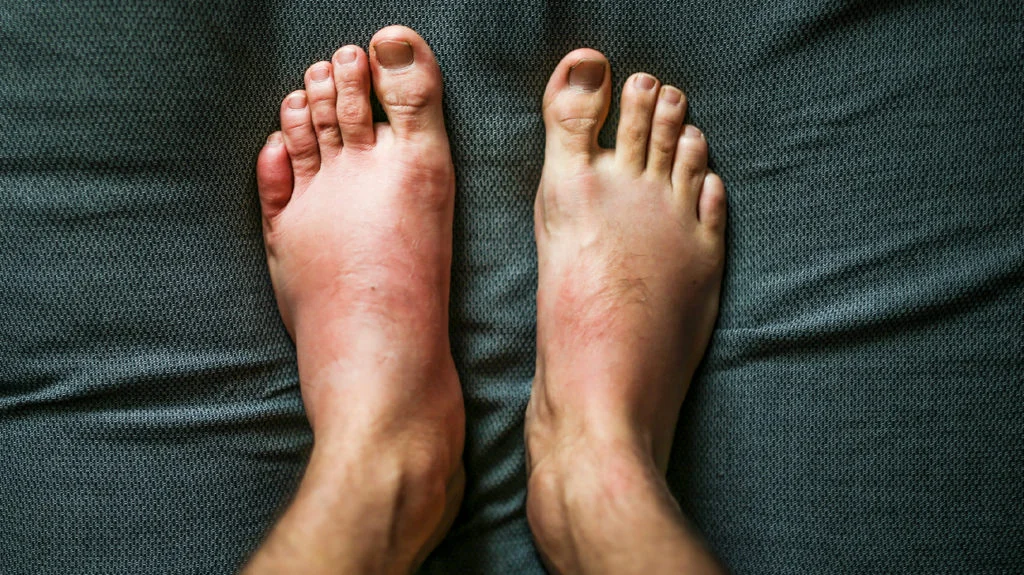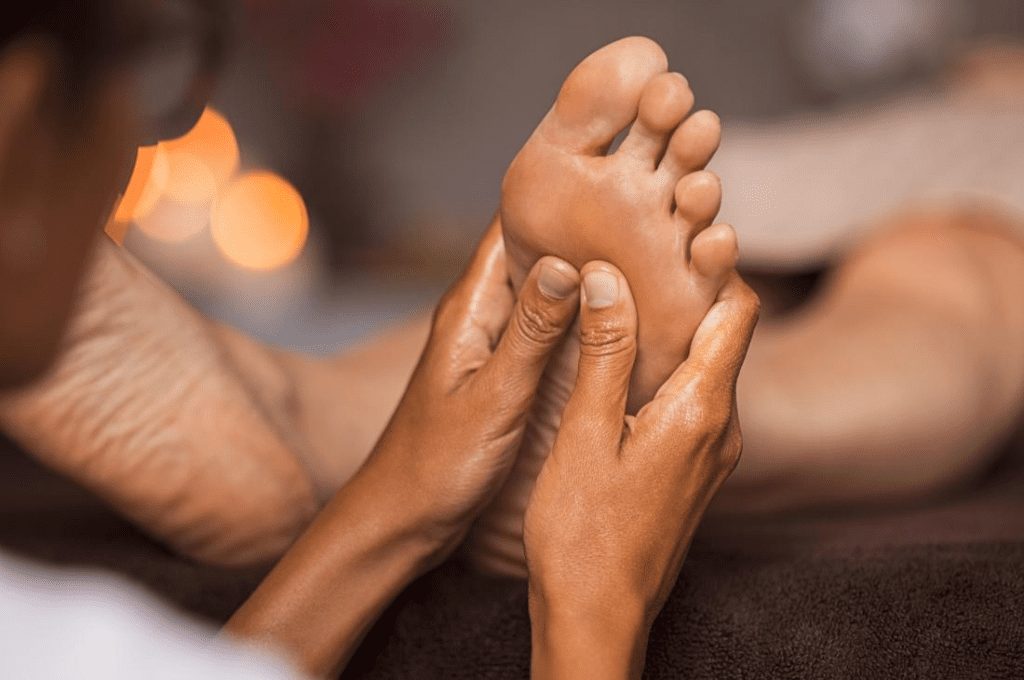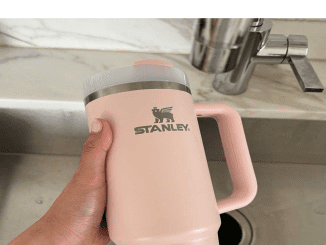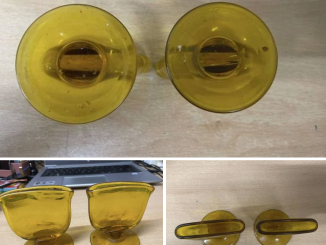Swollen feet, also known as edema, can be more than just an annoyance—they can disrupt your daily life and signal underlying health issues. While water pills (diuretics) are often prescribed for relief, many people prefer natural alternatives due to side effects or a desire for holistic solutions. The good news? There are plenty of effective, non-invasive ways to reduce foot swelling and improve your comfort. Let’s explore some practical remedies and lifestyle adjustments that can make a significant difference.
Understanding Why Feet Swell

Before tackling the issue, it’s important to understand what might be causing the swelling. Here are some common culprits:
- Prolonged Standing or Sitting: Staying in one position for too long can lead to poor circulation.
- Injury or Overuse: Sprains, strains, or overexertion can cause localized swelling.
- High Sodium Diet: Consuming too much salt promotes fluid retention.
- Chronic Conditions: Pregnancy, obesity, or diseases affecting the heart, kidneys, or liver can contribute.
- Medication Side Effects: Certain drugs, like blood pressure medications or NSAIDs, may trigger swelling.
Understanding the root cause helps tailor your approach for faster relief.
1. Elevate Your Feet Regularly
One of the easiest ways to combat swelling is to elevate your feet above heart level. This encourages fluid to flow back toward the core of your body, reducing swelling.
- Prop your feet on pillows or rest them on a raised surface while lying down.
- Spend 20–30 minutes in this position a few times a day, especially after prolonged sitting or standing.
This simple step can work wonders for improving circulation and easing discomfort.
2. Stay Hydrated
Ironically, drinking more water helps combat fluid retention. When dehydrated, your body holds onto water, exacerbating swelling.
- Drink 8–10 glasses of water daily.
- Include hydrating foods like cucumbers, watermelon, and celery in your diet.
Proper hydration helps your body flush out excess sodium and maintain fluid balance.
3. Cut Back on Salt
Excessive sodium is a leading cause of water retention. Adjusting your diet can significantly reduce swelling.
- Avoid processed and packaged foods, which are typically high in sodium.
- Opt for herbs and spices to flavor your meals instead of table salt.
- Check nutrition labels for sodium content and choose low-sodium options whenever possible.
Reducing salt intake is a powerful way to prevent and manage swollen feet.
4. Incorporate Gentle Exercise

Movement is crucial for stimulating circulation and preventing fluid buildup in the lower extremities.
- Walking: A short daily walk can keep your blood flowing.
- Ankle Pumps: Flex and point your toes repeatedly to enhance circulation.
- Yoga or Stretching: Gentle stretches can ease tension and improve fluid movement.
Exercise doesn’t have to be intense—even small, consistent movements make a difference.
5. Wear Compression Socks
Compression socks apply gentle pressure to your legs and feet, promoting better circulation and preventing swelling.
- Choose a compression level suitable for your needs. If unsure, consult a healthcare professional.
- Wear them during the day, especially if you’re standing or sitting for long periods.
These socks are a convenient and effective tool for managing swelling.
6. Massage Your Feet

Massaging swollen feet stimulates circulation and encourages lymphatic drainage.
- Use upward strokes to push fluid back toward your heart.
- Enhance the experience with essential oils like peppermint or eucalyptus for a cooling effect.
Regular massages not only reduce swelling but also provide a soothing experience after a long day.
7. Try an Epsom Salt Foot Soak
Soaking your feet in warm water with Epsom salt can reduce swelling and relax muscles.
- Dissolve ½ cup of Epsom salt in a basin of warm water.
- Soak your feet for 15–20 minutes.
- Pat them dry thoroughly afterward to prevent irritation.
Magnesium in Epsom salt is believed to help draw out excess fluids, offering quick relief.
8. Opt for Anti-Inflammatory Foods

What you eat can impact inflammation and swelling. Incorporate these foods into your diet for natural relief:
- Fruits: Pineapple, berries, and cherries.
- Vegetables: Spinach, kale, and broccoli.
- Healthy Fats: Avocado and olive oil.
- Herbs and Spices: Turmeric and ginger.
A balanced diet rich in anti-inflammatory foods supports overall health and reduces edema.
9. Avoid Tight Clothing
Clothing that’s too tight around your feet, ankles, or legs can restrict blood flow, making swelling worse. Opt for:
- Loose-fitting socks and shoes.
- Pants with elastic waists or breathable fabrics.
Comfortable attire can make a noticeable difference in your circulation.
10. Manage Underlying Conditions

If chronic health issues like diabetes, arthritis, or heart disease are causing your swollen feet, addressing these conditions is crucial.
- Follow your doctor’s treatment plan.
- Monitor your symptoms closely and seek regular check-ups.
- Use supportive footwear or orthotics if recommended.
Taking care of your overall health can minimize swelling and its impact on your daily life.
11. Limit Alcohol Consumption
Alcohol can lead to fluid retention, especially when consumed in excess. Reducing or eliminating alcohol intake can help prevent swelling.
- If you choose to drink, do so in moderation.
- Hydrate well after consuming alcohol to counteract its effects.
This simple adjustment can bring noticeable improvements over time.
12. Practice Stress Management

Stress affects hormone levels, which can influence fluid retention. Reducing stress can indirectly help with swelling.
- Try meditation or deep breathing exercises.
- Engage in relaxing activities like reading, listening to music, or practicing yoga.
Keeping stress in check supports your overall well-being.
When to Seek Medical Attention
While these natural remedies can help alleviate swelling, certain situations warrant immediate medical attention. Contact a doctor if:
- The swelling is sudden, severe, or accompanied by pain or redness.
- You experience shortness of breath or chest pain.
- The swelling persists despite lifestyle changes.
Addressing these warning signs promptly ensures your safety.
Conclusion
Dealing with swollen feet doesn’t have to involve medications like water pills. By making small yet impactful lifestyle adjustments—such as elevating your feet, staying hydrated, and reducing salt intake—you can find relief naturally. Incorporating gentle exercise, anti-inflammatory foods, and stress management techniques further enhances your efforts. However, if your swelling persists or worsens, consult a healthcare provider to rule out serious underlying conditions.
Your feet carry you through life, so taking steps to care for them will pay off in comfort and overall health. Why not try these natural remedies today? You just might find the relief you’ve been looking for!


